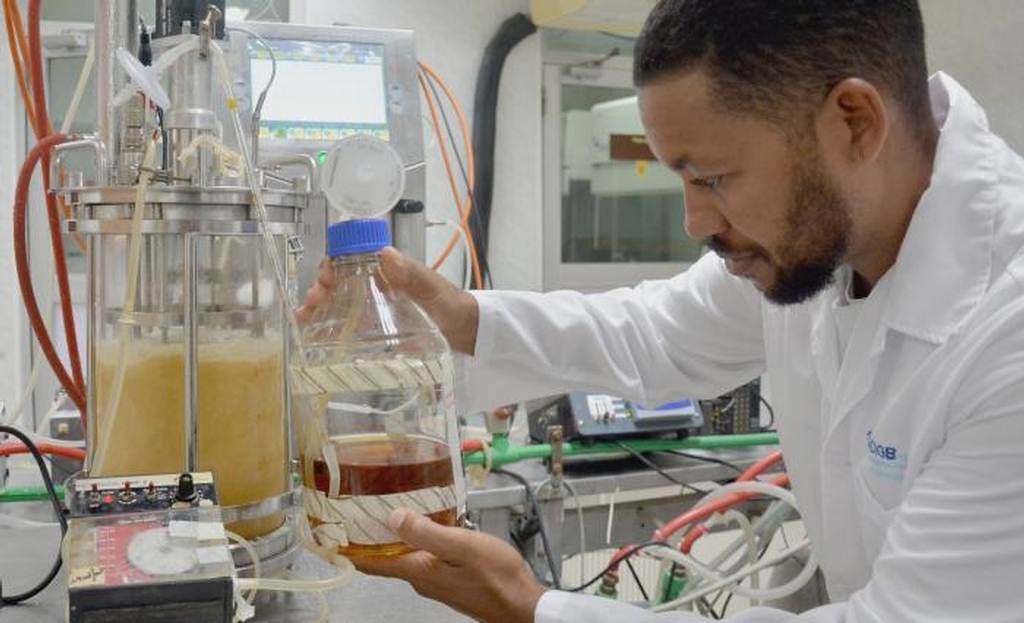International Biotechnology Day is celebrated every 16 June to celebrate scientific disciplines that are of great importance for the sustainable development of the planet.
The day also recognises the work of people working in biotechnology, who are involved in areas oriented towards the use of components from living organisms (cells, genes or enzymes) to obtain products through the application of genetic engineering.
Biotechnology allows the application of new scientific methods in the agro-industry, food, pharmaceutical, textile, detergent, fuel, biodegradable plastics and other industries.
On this celebration, publications report that the date is due to the origins of the biotechnology industry, given that on 16 June 1980 the genetic engineer Ananda Mohan Chakrabarty developed a bacterium from the genus Pseudomonas, whose utility lies in decomposing crude oil for the treatment of oil spills, thus favouring the environment.
This scientific discovery was considered patentable subject matter, duly endorsed by a US Supreme Court ruling.
Relevant contributions of this science to the field of medicine were evidenced during the Covid-19 pandemic by the deciphering of the genome of the SARS-CoV-2 virus.
Biotechnology has developed gene therapies, growth hormone, the Hepatitis B vaccine and the development of insulin, among many other scientific advances.




